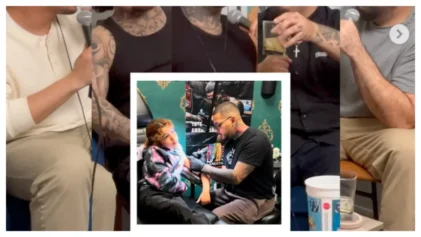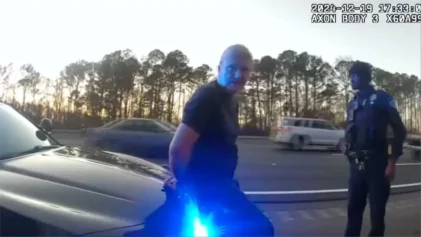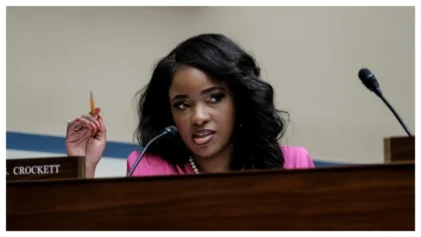An ex-Baltimore City Police detective took the stand in a federal police corruption trial this week to detail shocking abuses of power by him and fellow colleagues.
Maurice Ward quickly flipped on former partners Detectives Daniel Hersl and Marcus Taylor, whom he worked alongside on the city’s Gun Trace Task Force, according to CBS Baltimore. Ward, who joined the force in 2003, was the first witness called to testify and has already pleaded guilty in the case.
His testimony sounded much like something out of a movie. On the stand, Ward described incidents when he and his buddies robbed drug dealers, searched homes and cars without probable cause and pocketed thousands of dollars in drugs and cash. He also told the jury about a GTTF tactic called “door pops,” where officers would drive their unmarked cruisers at top speed toward people on street corners, “pop” their doors open and chase those who fled. They’d pocket most of the guns, drugs and money they recovered, Ward said.
“This is not a case about aggressive policing. It’s about greed,” said Assistant U.S. Attorney Leo Wise, who’s prosecuting the case. “… The Gun Trace Task Force was a perfect storm of officers who took advantage of their positions to enrich themselves.”
“It wasn’t a unit that went rogue,” Wise added. “It was a unit made up of detectives who had already gone rogue. They were, simply put, both cops and robbers at the same time.”
The corruption didn’t stop there, however.
Ward recalled another incident when he and GTTF officers targeted a group of drug dealers, CBS Baltimore reported. The former detective said GTTF leader, Sgt. Wayne Jenkins, posed as a federal agent and seized $20,000 in cash from two of the men. He then led officers to another area where they split the cash and blew it all at the strip club.
“I was paranoid – kind of scared,” Ward testified. “I took $20,000, 20 pounds of marijuana. There was no documentation. We might have been caught on camera.”
In addition to the stolen drugs and money, Ward said department heads condoned officers engaging in overtime fraud, claimed officers targeted citizens in “dope boy cars,” and said they weren’t allowed to inventory drugs they’d seized. In fact, he said Jenkins was a drug dealer himself, recalling a time the sergeant offered to sell someone “good weed, the same price as last time.”
As for Dets. Hersl and Taylor, their attorneys have maintained their innocence in the matter. William Purpura, who represents Hersl, insisted prosecutors “overcharged” his client, saying Hersl never took cash by force and wasn’t the mastermind behind the robberies.
Ward has been remanded to jail since his arrest last March.


